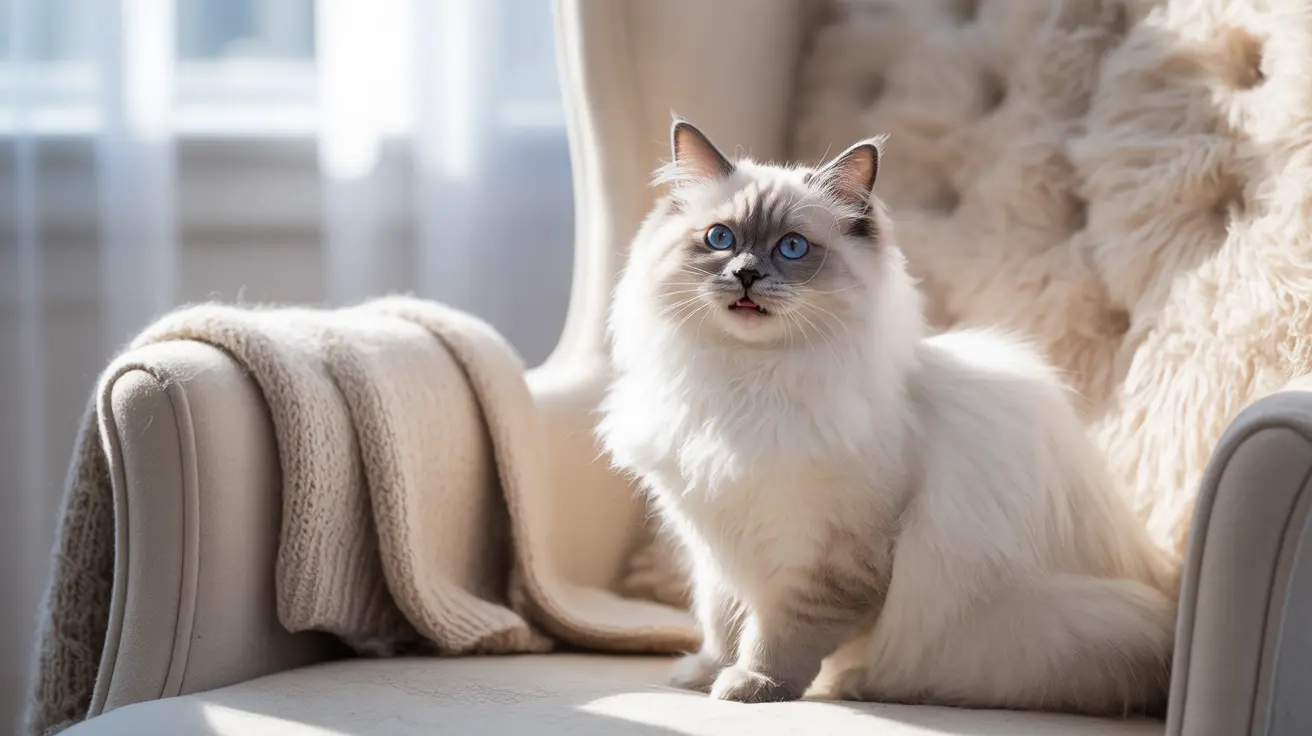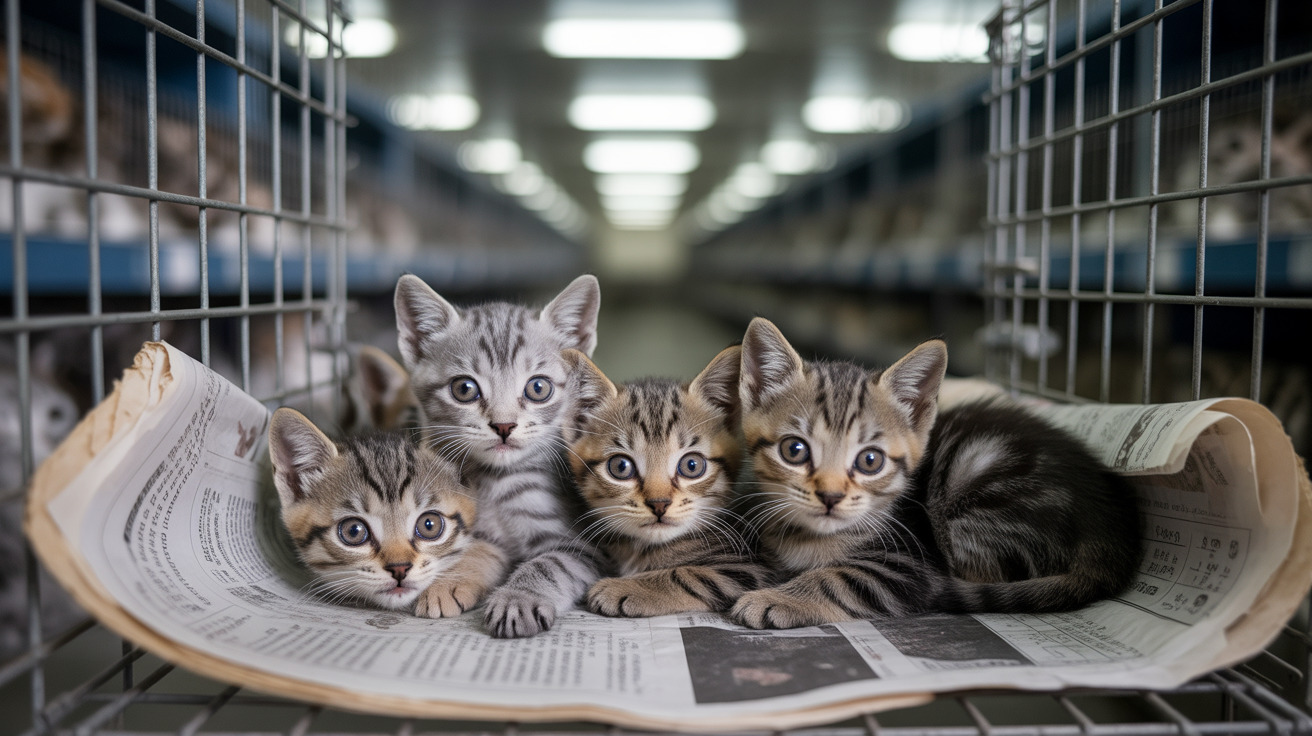Common Signs of Increased Attention-Seeking
Before diving into the causes, it's important to recognize the signs that your cat is seeking more attention than usual:
- Excessive meowing or vocal demands
- Persistent following or shadowing you
- Frequent pawing or climbing on you
- Knocking items off surfaces
- Increased kneading behavior
- Interrupting your activities
- Unusual nighttime activity
Medical Causes Behind Sudden Neediness
When your cat suddenly becomes more demanding of attention, health issues should be your first consideration:
- Thyroid problems
- Pain or discomfort
- Cognitive dysfunction in senior cats
- Urinary tract infections
- Vision or hearing changes
- Anxiety or depression
Environmental Triggers for Increased Attention-Seeking
Cats are sensitive to changes in their environment, and various factors can trigger increased neediness:
- Changes in household routine
- New family members or pets
- Moving to a new home
- Seasonal changes
- Modifications to living spaces
- Changes in your work schedule
Meeting Your Cat's Emotional Needs
Addressing the emotional aspects of attention-seeking behavior is crucial for long-term resolution:
- Establish consistent daily routines
- Create dedicated playtime sessions
- Provide environmental enrichment
- Set up comfortable resting spots
- Install window perches for entertainment
- Use calming pheromone products
Positive Ways to Respond to Attention-Seeking
How you respond to your cat's behavior can either reinforce or help modify it:
- Reward calm, independent behavior
- Establish scheduled interaction times
- Provide alternative activities
- Use puzzle feeders and interactive toys
- Create safe spaces for retreat
- Maintain consistent boundaries
When Professional Help Is Needed
Some situations require expert intervention:
- Persistent behavioral changes
- Signs of aggression or depression
- Excessive vocalization
- Self-destructive behaviors
- Significant changes in eating or drinking
- Litter box issues
Frequently Asked Questions
Why does my cat suddenly want more attention than usual?
Sudden increases in attention-seeking can be caused by medical issues, environmental changes, stress, or unmet physical and emotional needs. Always start with a veterinary check-up to rule out health concerns.
Could my cat's increased clinginess be a sign of stress or anxiety?
Yes, increased clinginess often indicates stress or anxiety, particularly if there have been recent changes in your home environment, routine, or family dynamics. Look for other stress indicators like changes in eating habits or litter box use.
How can I tell if my cat's attention-seeking behavior is due to a medical problem?
Watch for accompanying symptoms like changes in appetite, weight, grooming habits, or litter box use. Any sudden behavioral change warrants a veterinary examination to rule out medical issues.
What are effective ways to reduce boredom and attention-seeking in indoor cats?
Provide environmental enrichment through interactive toys, climbing spaces, window perches, and regular play sessions. Establish a routine that includes dedicated attention time and independent play opportunities.
How should I respond when my cat meows or paws at me persistently for attention?
Avoid reinforcing demanding behavior by not immediately responding. Instead, wait for calm moments to provide attention, and establish scheduled play and cuddle times to meet your cat's needs proactively.
Conclusion
While sudden increases in attention-seeking behavior can be concerning, understanding the underlying causes helps you respond appropriately. Start with a veterinary check-up to rule out health issues, then address environmental and emotional factors systematically. With patience and consistent care, you can help your cat return to a more balanced behavioral pattern.






